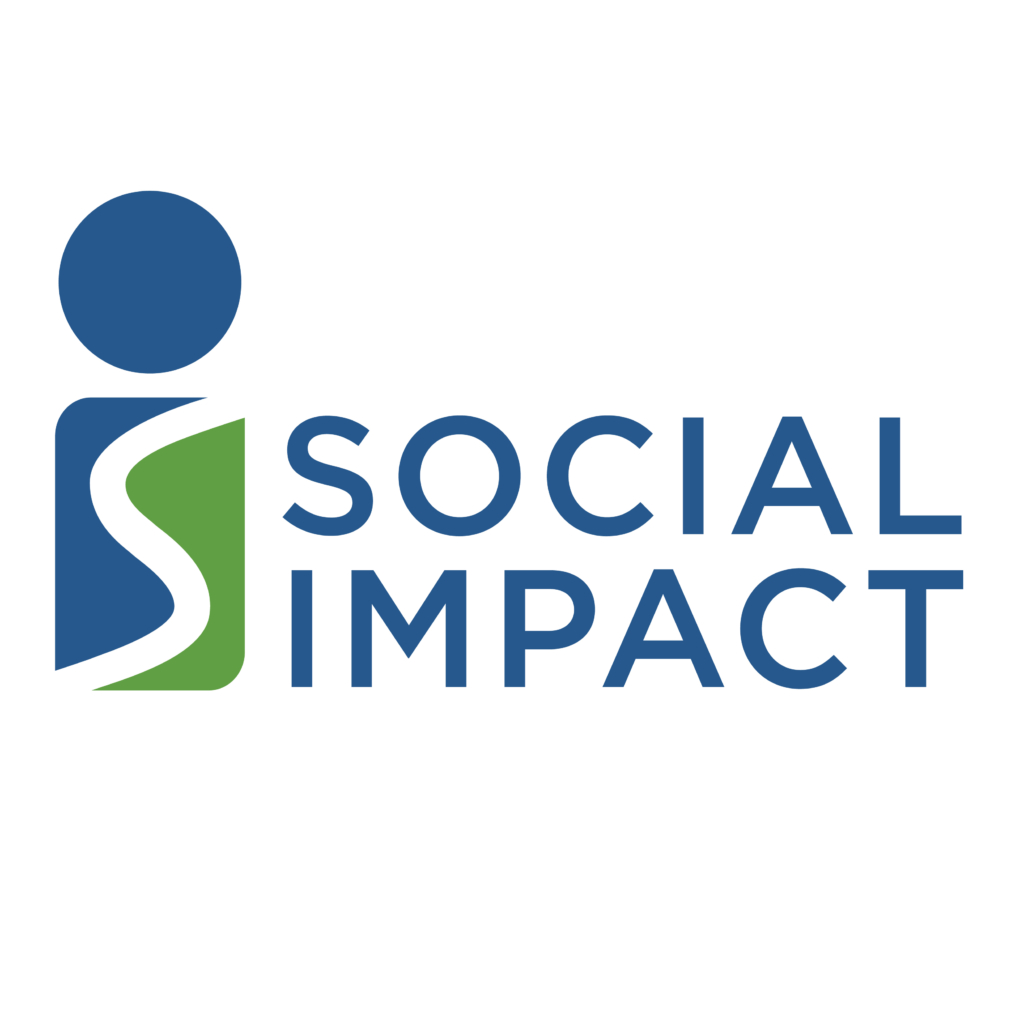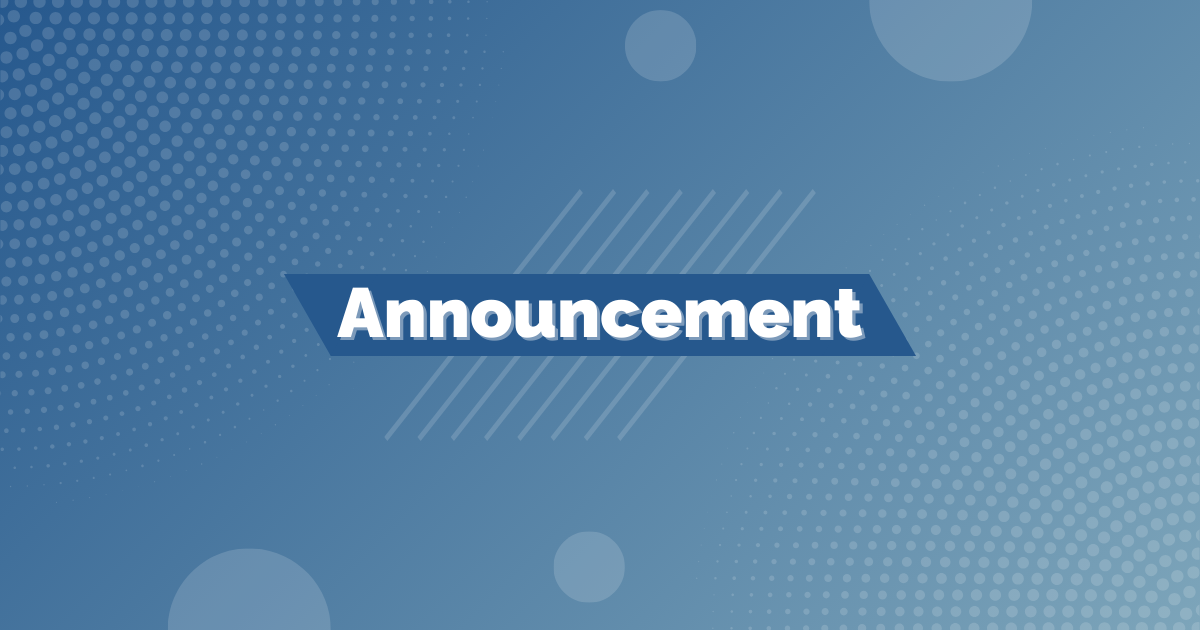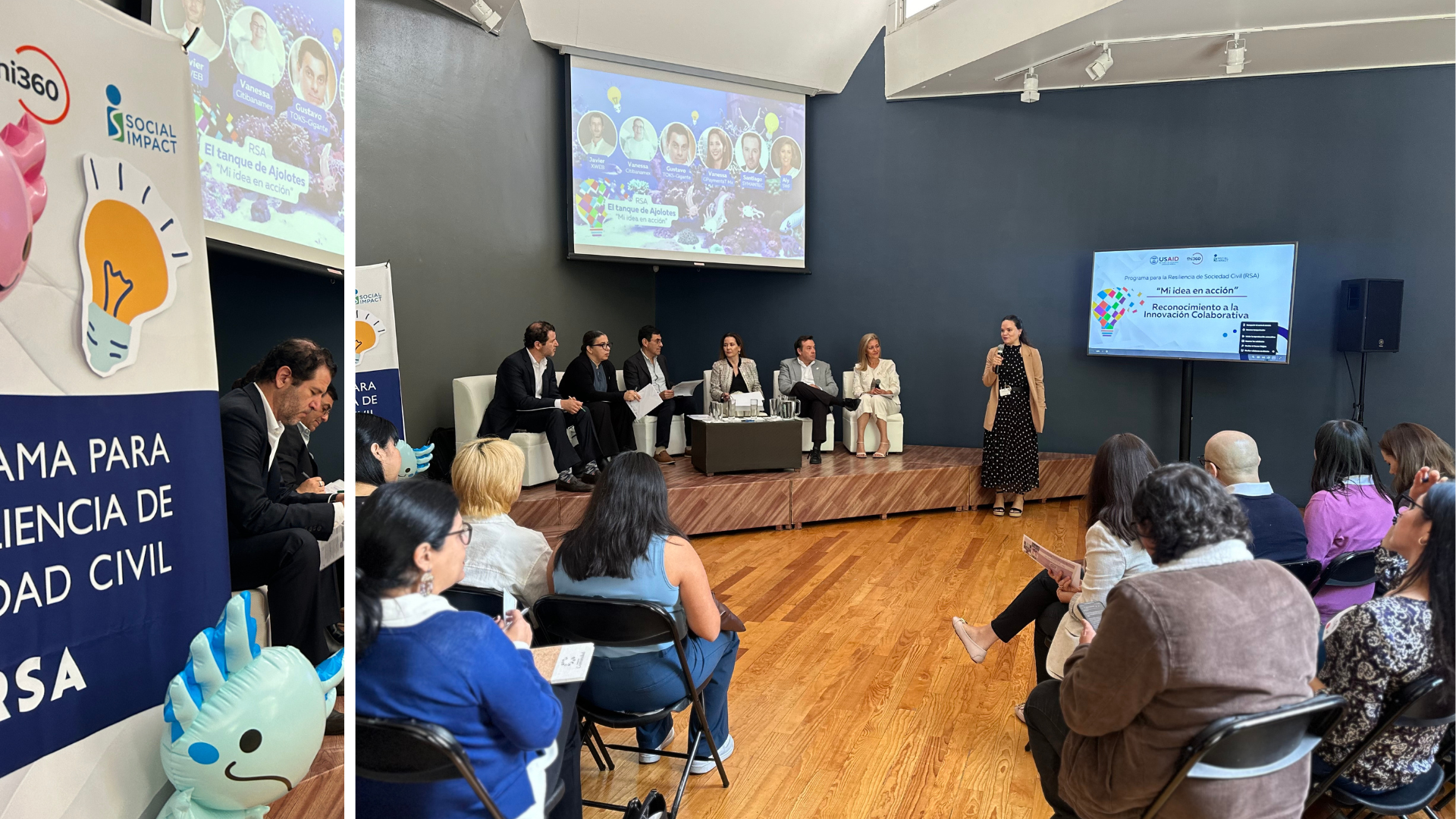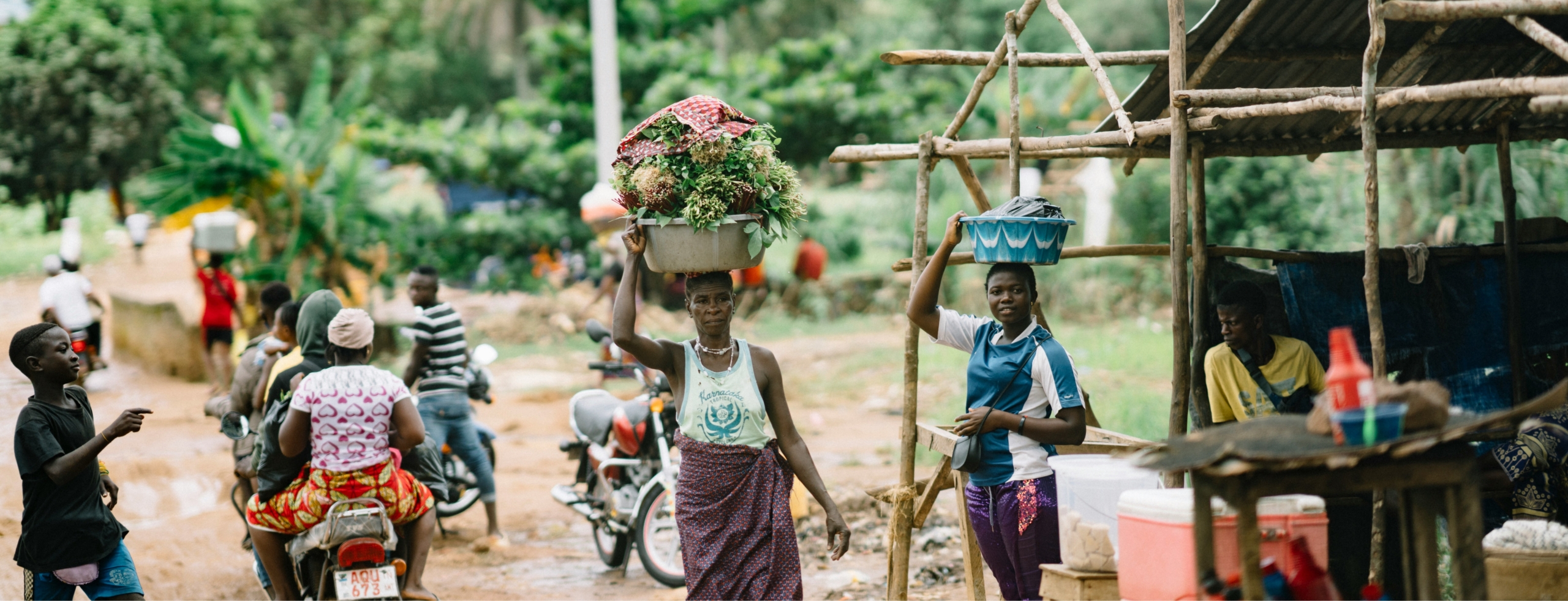By Camila Linneman, Social Impact Intern, Liberia Strategic Analysis
As a graduate student in Georgetown’s Global Human Development program, I spend a lot of time reading, dissecting, and reviewing others’ research. My graduate experience has been an opportunity to ground myself in critical discussions and scholarship on ethical, responsible, and effective intervention. Reflection and learning are critical to better practice, but, if we’re being honest, can be a challenge to create time for in our fast-paced work. While graduate school has served as dedicated time for learning, I’ve spent a lot of time reflecting on how to continue to learn and adapt once school ends.
Luckily for me, I spent this summer working with Social Impact’s Liberia Strategic Analysis (LSA) team, whose embedded work with the USAID/Liberia Mission uses different evaluation and facilitation approaches to inform design and implementation. The availability of high-quality evaluations and assessments, however, are only part of the solution. Closing the feedback loop to internalize and apply what we’ve learned requires more engagement than report reading. It also requires careful timing to facilitate the application of learning to activity modifications or strategic decision making. The USAID policy response to these needs has been the Collaborating, Learning, and Adapting (CLA) framework. CLA is as much a culture as it is a framework, pushing us to continuously reflect, evaluate, and adapt throughout the program cycle.
The need for reflection and adaption is even greater in complex environments but can be more challenging to achieve. Seventeen years after Liberia’s peace accord was signed, the remaining drivers of conflict and grievance require careful consideration by domestic and international actors. CLA approaches can help navigate and overcome some of the common challenges facing post-conflict contexts. In a forthcoming white paper, LSA’s Chief of Party Tanya Garnett and I share examples from LSA’s own work in applying CLA tools to improve contextual understanding, rebuild a technical evidence base, and navigate the trade-off between short and longer-term needs. We draw from CLA case studies in other post-conflict countries to consolidate learnings relevant for both practitioners and academics.
What excited both Tanya and I about this work was the opportunity to bring both academic and practitioner perspectives to our reflections. This is our attempt to bridge the “research-implementation gap,” or the disconnect between what researchers produce and the information needed to inform policy and implement decisions. A recurrent recommendation in how to overcome this gap is by sharing: sharing data, sharing evidence, sharing research questions. The importance of that recommendation gains new weight in the context of our shared health crisis this year: the value of sharing knowledge among organizations, people, and countries can have lifesaving value. In the development sector, it reminds us to maintain humility and curiosity in the face of what we do not know. I am grateful to the LSA team for sharing their experiences, their struggles, and their triumphs with me and look forward to sharing some of their tools to help others navigate complicated environments with evidence and innovation.








